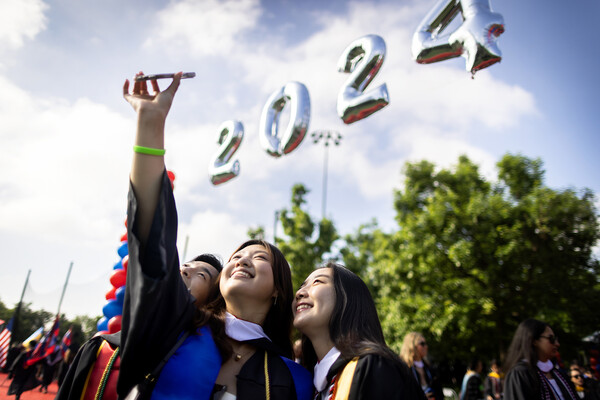NAS and AAAS elect Penn faculty
One new Penn member of the American Academy of Arts and Sciences (AAAS) studies how people learn to like — or dislike — foods. And Penn’s new National Academy of Sciences (NAS) member studies how the mind acquires language.
They are two of five faculty members honored by election to the two academies.
Elected to the NAS is Lila Gleitman, Ph.D., professor of psychology, whose research on how the mind acquires language began with an interest in linguistics, which she studied here at Penn. She is also co-director of the Institute for Research in Cognitive Science here. The IRCS fosters the development of a science of the human mind through the disciplines of linguistics, mathematical logic, philosophy, psychology, computer science, and neuroscience.
The NAS was signed into being by President Abraham Lincoln to “investigate, examine, experiment, and report upon any subject of science or art” when requested by a government department.
The four members of the faculty elected to the AAAS are:
Randall Collins, Ph.D., professor of sociology, who studies the sociology of political and economic change and of face-to-face interaction and studies social conflict (especially violent conflict);
Richard Slator Dunn, Ph.D., professor emeritus of history and director of the McNeil Center for Early American Studies here;
Charles Kahn, Ph.D., professor of philosophy; whose interests are in ancient philosophy and the history of political theory; and
Paul Rozin, Ph.D., professor of psychology and Edmund J. and Louise W. Kahn Professor for Faculty Excellence, whose interests in cultural psychology include studying the acquisition of likes and dislikes for foods, the nature and development of the magical belief in contagion, and the interaction of moral and health factors in concerns about risks.
In addition, Joel Conarroe, dean of the School of Arts and Sciences from 1983 to 1985 and the University’s first ombudsman, was elected. Conarroe is now president of the Guggenheim Foundation.
The AAAS was founded by John Adams, James Bowdoin and John Hancock “to cultivate every art and science which may tend to advance the interest, honor, dignity, and happiness” of United States citizens.







